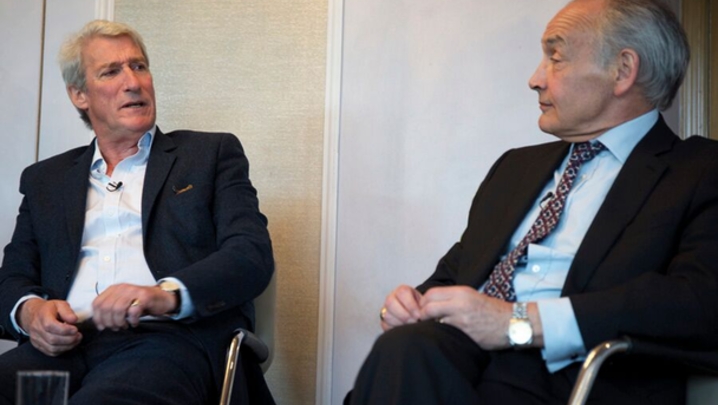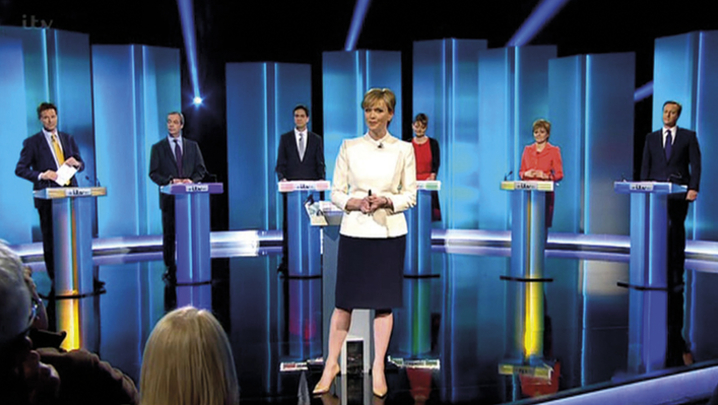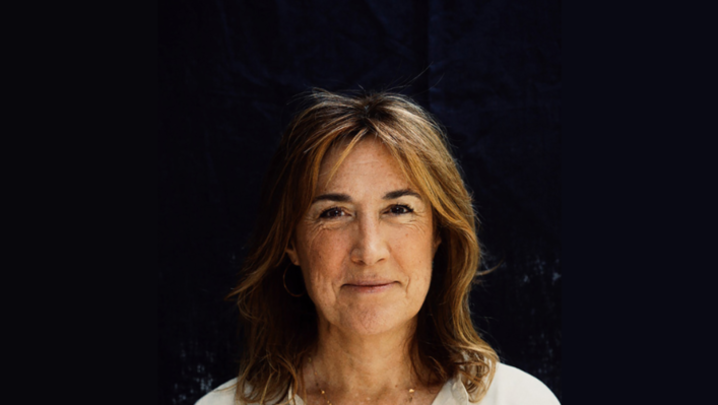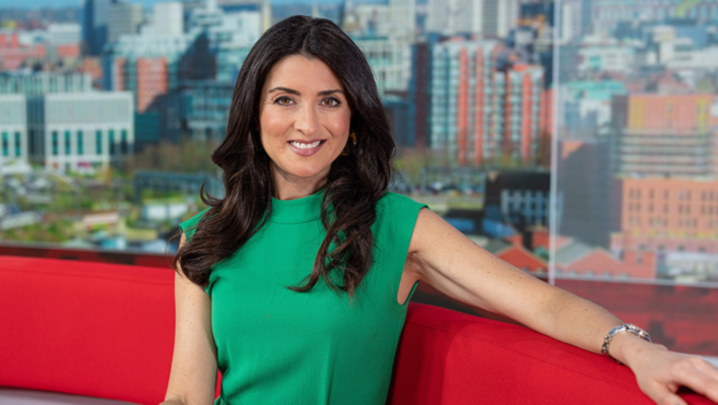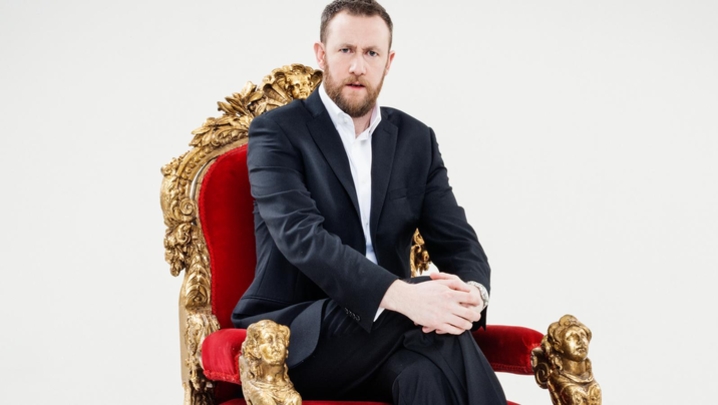Richard Sambrook reflects on an election campaign like no other – and hails a new approach to political interviewing pioneered by Evan Davis
Watching an election campaign from an academic perch is very different to organising coverage in the newsroom. My university colleagues are no less engaged, but they stand outside the media-political bubble and are usually better informed.
This can make some of their questions more challenging than those of presenters, correspondents or politicians. They seem to think opinion should be based on rigorous research and evidence. Quaint notion.
We have had a team researching media coverage of the campaign that has been published in The Guardian each week.
Headlines so far: the BBC offers more policy coverage than other channels; politicians spend more time attacking each other than outlining policy. And, at one stage, Sky and the BBC feature Conservative voices speaking for longer than they do other parties. Is that fair, given that a government should be held to account on its record? Or unfair, given the context of an election campaign? Essays in by Friday, please.
The leaders' debates again become the highlight of what, at the time of writing, seems an otherwise stalemated campaign. Nicola Sturgeon is this year's Nick Clegg.
In spite of the tortuous negotiations and dysfunctional formats, they provide electricity – both heat and light.
The group hug of mutual support between the three women leaders at the end of the BBC's "no Cameron" programme is revealing – with Ed Miliband and Nigel Farage left uncomfortably on either side.
Perhaps a new kind of politics is possible if more women rise to the top.
For me, the one-on-one interviews between leaders and Evan Davis on the BBC are the most informative moments. Nothing beats polite but persistent questioning – or allowing space for a serious response – to gauge a politician's mettle. It is Evan's forte as he consolidates a new approach to political interviewing.
Most people I speak to agree that the campaign is too controlled to be compelling. Social media has, so far, not provided the colour that many predicted.
Tight party discipline prevents gaffes. With no one dropping their guard, the Twitter feeds become an anodyne repetition of the day's message.
Never mind 140 characters – many leaders are hoping that a single word can make a mark. For the Conservatives, it is "security", the Lib Dems, "anchor", and the SNP, "progressive". It feels a little bit as if W1A's Siobhan Sharpe of Perfect Curve has been at work. Is she behind Miliband's "Hell, yeah!" going viral?
There are rumours of two parallel campaigns running. One in the media-political bubble of leaders' debates and photo opportunities and the other in a ground war on the doorstep, where it is suggested that Labour has invested more heavily.
This campaign offers no less colour than previous years. Early days are dominated by Joey Essex – whose charm is as great as his knowledge of politics is minimal. Does he hold the key to reaching young, disengaged voters? Or is Russell Brand a better conduit? It's a strange world where politicians queue up to be patronised (sometimes in all senses) by celebrities.
Ukip in Bristol adopts a candidate who was previously a pornographer. He had been interviewed (read "doorstepped") by my son for a student documentary, which is suddenly discovered and linked to by BBC Online, Vice News and websites around the world.
Online viewing figures soar. It's an early lesson in the power of the news agenda as Sambrook Jnr applies for a postgrad course in TV journalism. Not at his father's institution, of course, but one run by yet another BBC alumnus. It's hard to escape us in higher education these days.
STOP PRESS: Polling day has revealed all – but if the real picture was obscured by the battle of sound bites and polling errors (as in 1992), we can expect lengthy post-mortems.
Richard Sambrook is Professor of Journalism and Director of the Centre for Journalism at Cardiff University and a former Director of BBC Global News.


